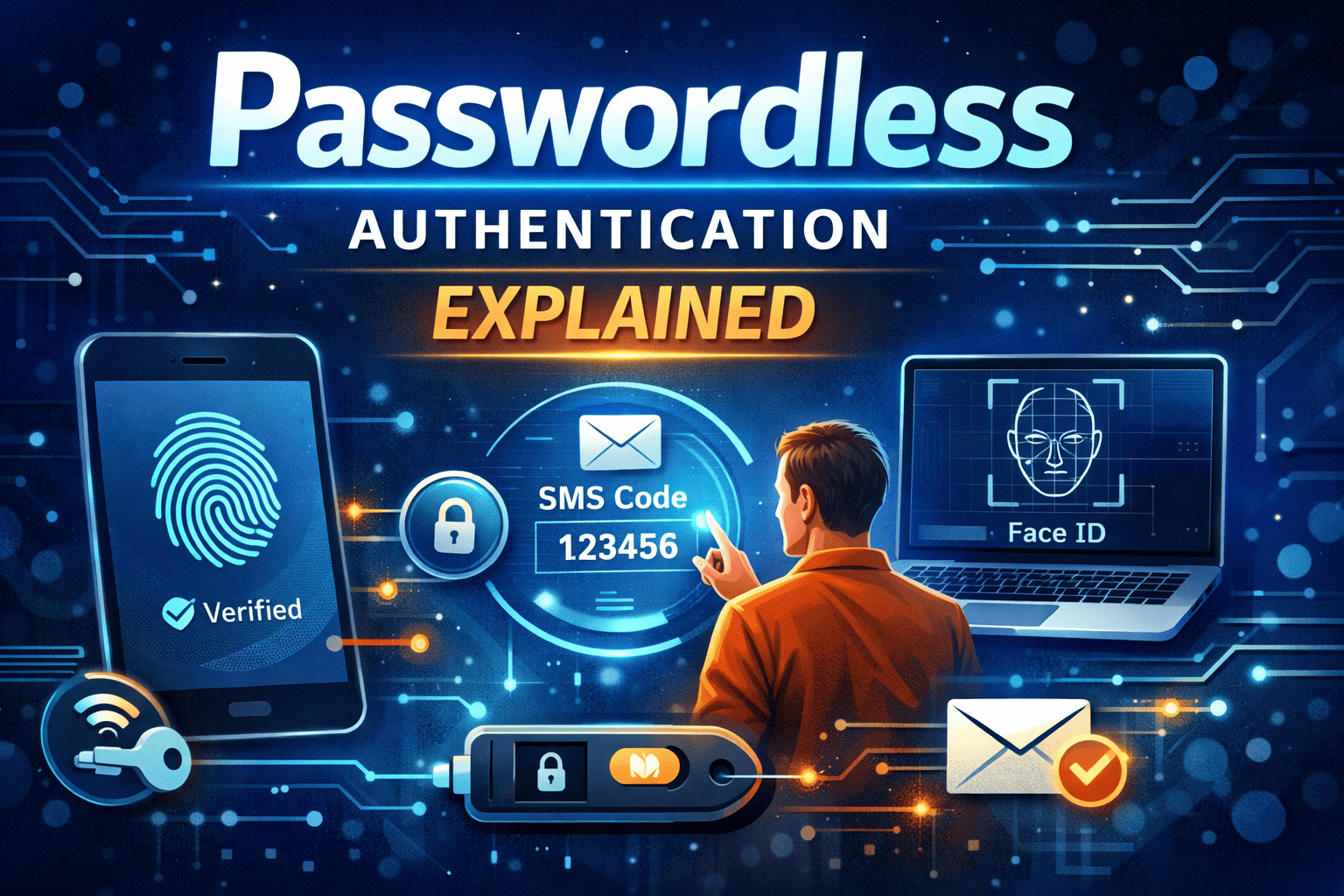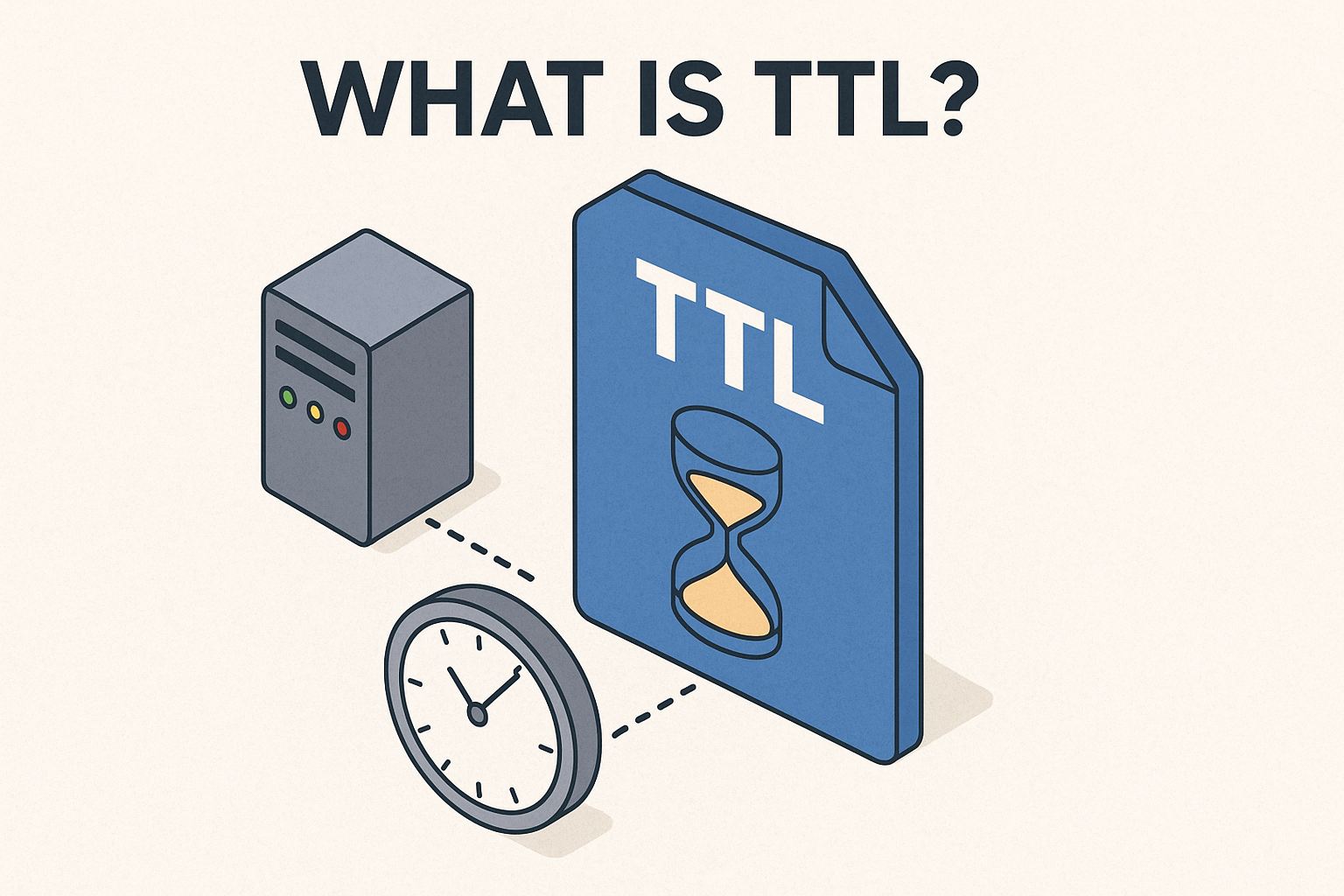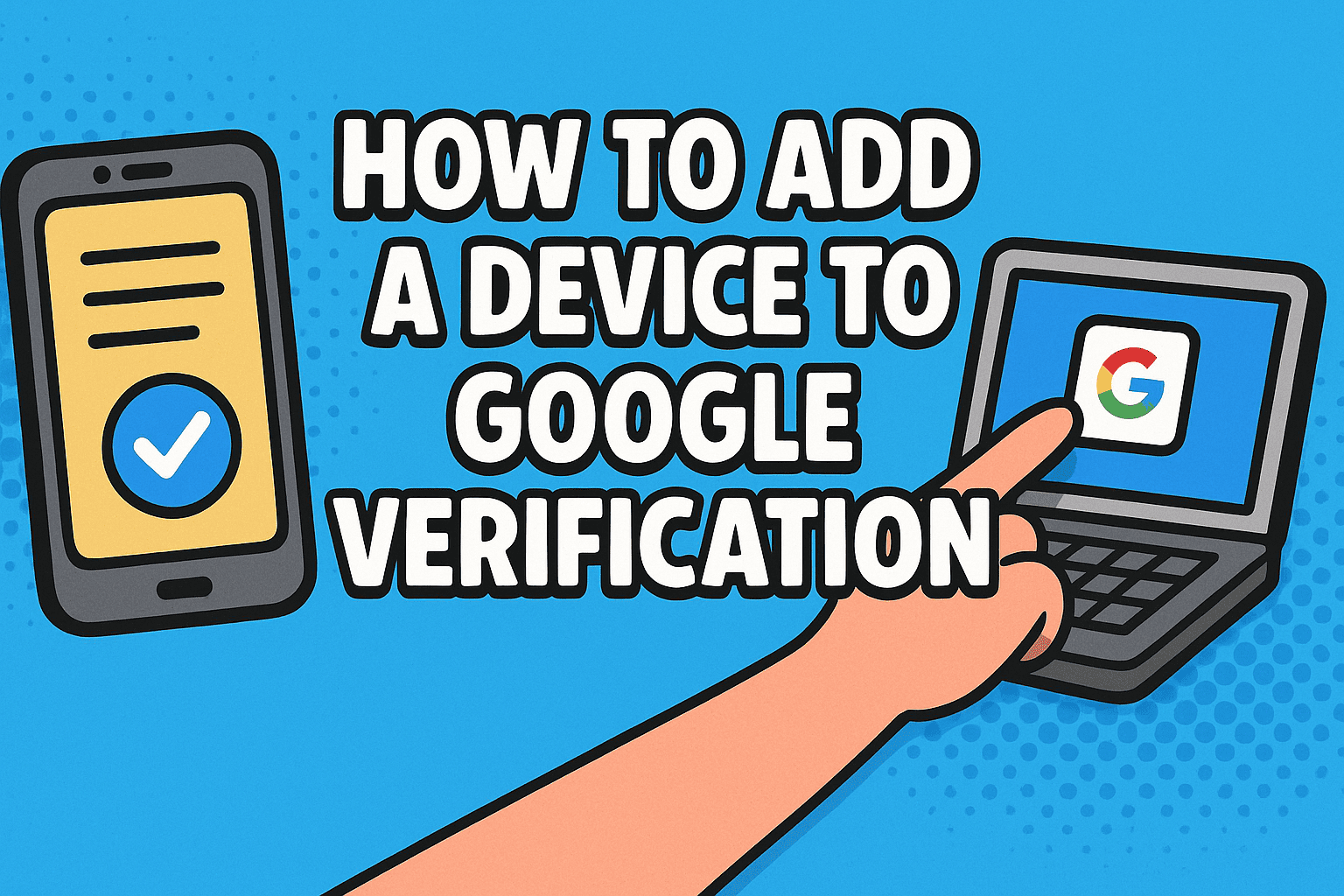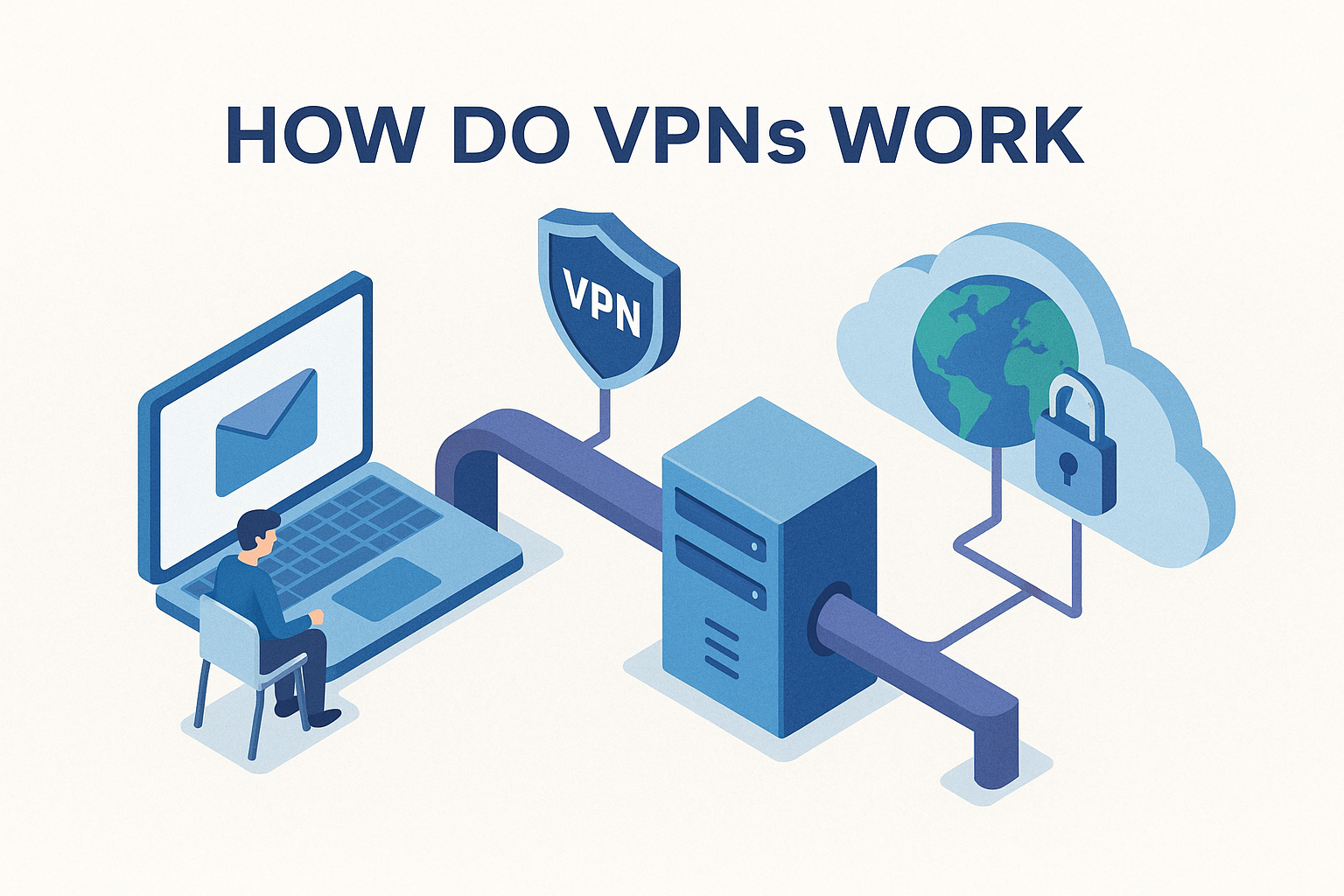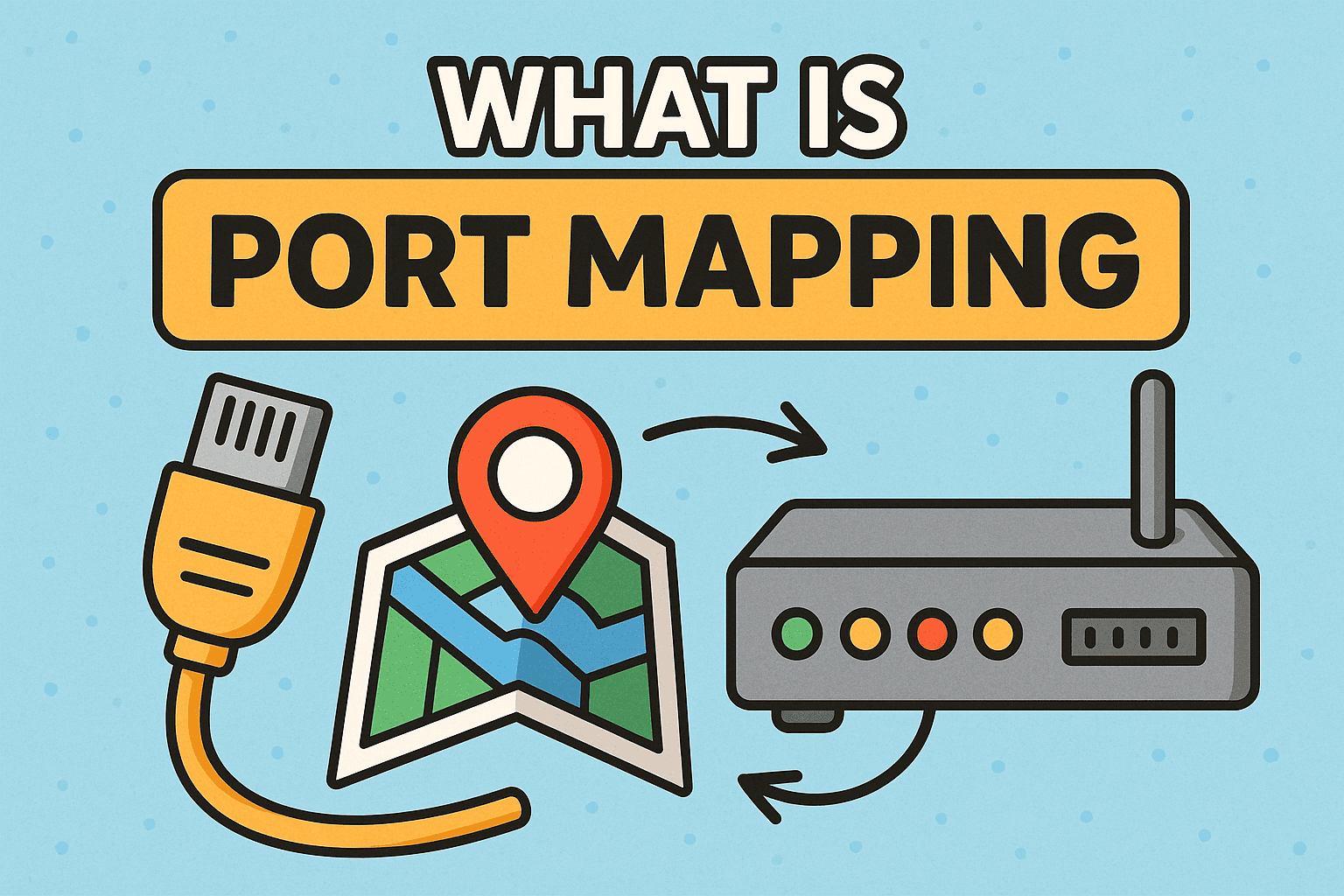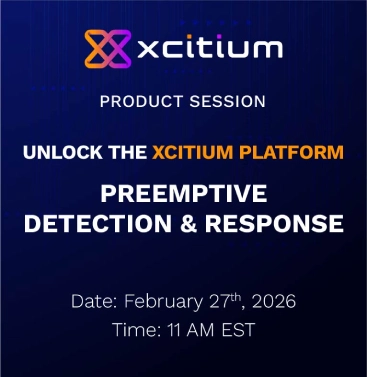What is NFR? Complete Guide for IT and Cybersecurity Leaders
Updated on September 4, 2025, by Xcitium
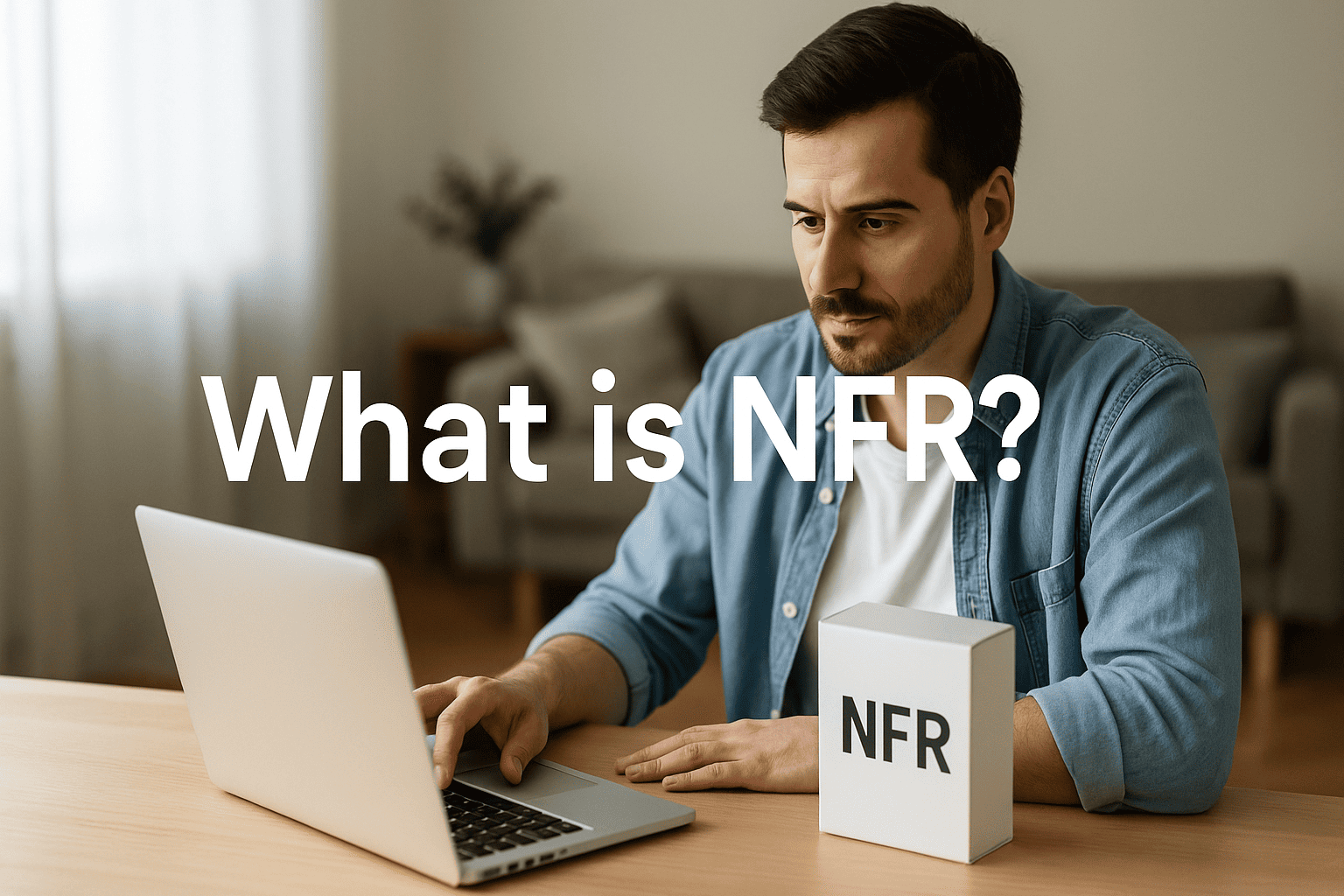
Have you come across the term and wondered, what is NFR and how does it apply to IT and cybersecurity? In enterprise environments where software, hardware, and cybersecurity tools constantly evolve, organizations need ways to test, evaluate, and demonstrate solutions without purchasing full commercial licenses. That’s where NFR (Not for Resale) licenses come in.
An NFR license is a restricted-use license provided by vendors for demos, testing, training, or evaluation—never for resale. For IT managers, cybersecurity teams, and CEOs, understanding NFR is essential for smarter procurement decisions, vendor partnerships, and compliance.
What is NFR?
NFR (Not for Resale) is a type of license that allows software or hardware to be used for limited purposes such as evaluation, proof-of-concept, internal training, or demonstrations. Vendors and distributors often provide NFR licenses to partners, resellers, and enterprise clients to showcase or test solutions before purchase.
Key Characteristics of NFR Licenses:
- Non-commercial use only – Cannot be resold or used for revenue-generating activities.
- Limited duration – Often time-bound (30 days, 90 days, or 1 year).
- Full or restricted features – May include all features or only a subset.
- Provided to partners or enterprises – For internal evaluation or training.
👉 In simple terms: An NFR license lets IT teams try before they buy—but with strict usage rules.
Why Do Vendors Offer NFR Licenses?
When exploring what is NFR, it’s important to ask why vendors provide them in the first place.
1. Partner Enablement
Vendors empower resellers and Managed Service Providers (MSPs) to demo solutions to customers.
2. Enterprise Evaluation
Large organizations can test performance, security, and scalability before making big investments.
3. Training & Certification
NFRs allow IT and cybersecurity teams to practice and train on real tools without incurring costs.
4. Proof-of-Concept Projects
CISOs and IT leaders can validate whether a solution integrates smoothly into existing infrastructure.
NFR in Cybersecurity
In cybersecurity, the question what is NFR often relates to licenses for firewalls, endpoint protection, SIEM platforms, and threat detection tools.
Benefits in Cybersecurity Context:
- Testing Security Solutions: Evaluate firewalls, intrusion detection systems, or endpoint protection in real-world environments.
- Training Security Teams: Provide hands-on experience for SOC analysts and IT staff.
- Reducing Procurement Risks: Ensure compatibility before enterprise-wide rollouts.
- Vendor-Partner Collaboration: Resellers use NFR licenses to demonstrate solutions to prospective clients.
👉 For security leaders, NFRs reduce the risk of buying tools that don’t integrate well or fail to deliver expected outcomes.
NFR vs Trial vs Commercial License
| Feature | NFR License (Not for Resale) | Trial License | Commercial License |
| Purpose | Evaluation, training, demos | Short-term testing | Full commercial use |
| Duration | Often 30–365 days | Typically 14–30 days | Ongoing (per contract) |
| Resale Rights | No | No | Yes |
| Feature Access | Full or limited | Usually full, time-limited | Full access |
| Cost | Free (restricted) | Free (trial period) | Paid |
👉 Key takeaway: NFRs are broader and longer-term than trials, but still restricted compared to commercial licenses.
Benefits of NFR for IT Leaders
For IT Managers:
- Test infrastructure compatibility before purchase.
- Train staff on real systems.
- Evaluate vendor claims without financial commitment.
For Cybersecurity Teams:
- Practice incident response and vulnerability scanning.
- Run simulated attack-defense scenarios.
- Gain hands-on experience for certifications.
For Executives and CEOs:
- Reduce procurement risk.
- Support informed decision-making.
- Build stronger vendor relationships.
Risks and Limitations of NFR
While NFR licenses offer value, IT and cybersecurity leaders must understand their limitations and compliance obligations.
- No Commercial Use: Using NFRs in production for customer-facing services violates licensing agreements.
- Time-Limited: Expiration may interrupt ongoing testing.
- Restricted Features: Some NFRs do not include enterprise-level capabilities.
- Compliance Risks: Misuse can lead to legal penalties and damaged vendor relationships.
👉 Enterprises must manage NFR use carefully, often through asset tracking and vendor governance policies.
Real-World Use Cases of NFR
- Cybersecurity Training Labs: SOC teams use NFR firewalls and SIEM tools for simulations.
- Partner Demonstrations: MSPs demo endpoint protection solutions to prospects using NFR licenses.
- Enterprise Pilots: IT teams evaluate performance of cloud security solutions before full deployment.
- Academic Programs: Universities use NFR software for student training and research.
NFR in Procurement Strategy
When IT leaders consider what is NFR in procurement, it’s about smarter decision-making and risk reduction.
- Proof of Value: Validate ROI claims before committing budget.
- Vendor Comparison: Run side-by-side evaluations of multiple tools.
- Budget Efficiency: Train staff without investing in extra licenses.
- Stronger Negotiation: NFR experience can inform better vendor contracts.
Future of NFR in IT and Cybersecurity
The role of NFR is evolving as enterprises adopt cloud-first, SaaS, and Zero Trust strategies.
- Cloud NFRs: Vendors increasingly offer cloud-based NFRs instead of on-prem hardware.
- Extended NFR Programs: Longer validity to support enterprise evaluations.
- Security-first NFRs: Vendors embedding compliance monitoring within NFR licenses.
- AI-driven Testing: Enterprises using AI to simulate cyberattacks on NFR test environments.
👉 For IT managers, NFRs will remain a critical tool for innovation and evaluation.
FAQs on NFR
Q1: What is NFR in simple terms?
NFR means “Not for Resale.” It refers to software or hardware licenses given for evaluation, testing, or training—not commercial resale.
Q2: Is NFR the same as a free trial?
Not exactly. Trials are usually short-term, while NFR licenses often allow longer, more flexible evaluations.
Q3: Can I use NFR in production?
No. NFR licenses are strictly for internal use cases like testing, training, or demos—not for production or revenue-generating environments.
Q4: Who provides NFR licenses?
Vendors, distributors, and partners provide NFR licenses to resellers, MSPs, and enterprises.
Q5: What industries benefit most from NFR?
Cybersecurity, IT infrastructure, cloud providers, and education all benefit from NFR programs.
Conclusion: Why NFR Matters for IT and Cybersecurity Leaders
So, what is NFR? It’s a Not for Resale license that allows IT teams and executives to test, demo, and train with solutions before purchase. For IT managers, NFRs reduce risks by ensuring tools integrate seamlessly. For cybersecurity leaders, they provide training and testing environments. For CEOs, they enable smarter procurement and cost savings.
As enterprises continue to modernize infrastructure and adopt advanced security tools, NFR programs will remain vital for evaluation, risk reduction, and compliance.
👉 Ready to explore enterprise-grade cybersecurity solutions beyond testing? Request a Demo with Xcitium



